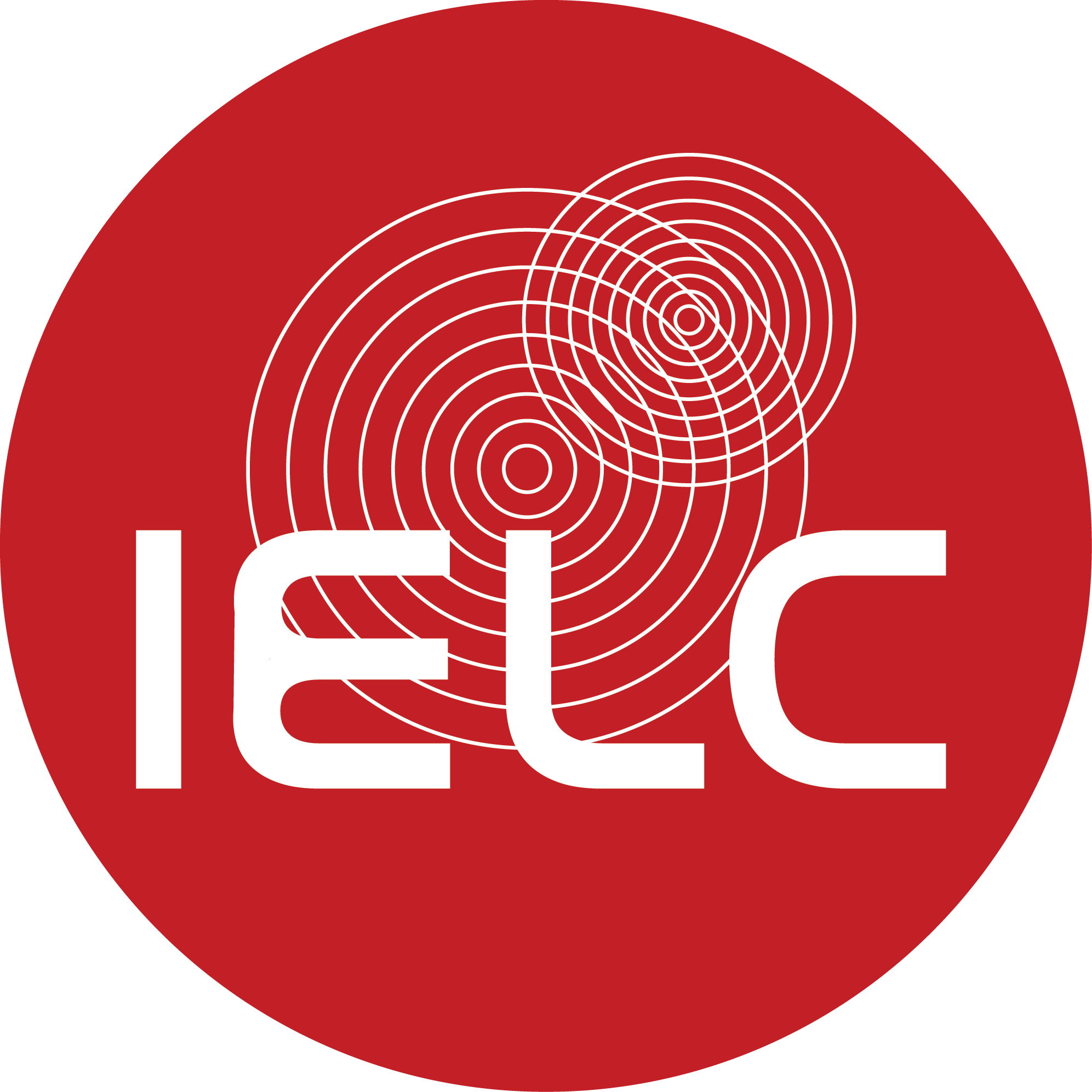| Special Journal Issue Principal leadership in East Asia |
||||
|---|---|---|---|---|
Theme |
Systematic reviews of research on principal leadership in East Asia In 1994, an international meeting of 28 educational leadership scholars hailing from a dozen Asia Pacific societies was held in Chiang Mai, Thailand under the auspices of Chiang Mai University. The purpose of the meeting was to take stock of the current state of the field of educational leadership research, preparation and practice in Asia Pacific. The meeting was attended by now familiar names in our field (Ken Leithwood, Philip Hallinger, Allan Walker, Ibrahim Bajunid, Brian Caldwell, Rahimah Haji Ahmad, Gopinathan, Jan Robertson, Clive Dimmock, and Paula Cordeiro), all of whom were interested in supporting the further development of educational leadership in the region. Looking back, we cannot overstate the outcomes of that seminal meeting. As a direct result of those discussions in Chiang Mai, we witnessed the establishment of new “school leadership centers” in Thailand, Malaysia, Hong Kong, Taiwan, Australia, New Zealand and Singapore between 1995 and 2000. The birth of these school leadership centers gave impetus to a new focus on principal preparation and development in the region. This resulted in an explosion of new Master, EdD, and PhD programs, as well as professional development programs. Linkages between these centers, as well as with collaborating institutions beyond the region, also led to significant new developments in the design of principal preparation curricula and the development of new approaches to teaching and mentoring school leaders. |
 |
||
Issue Objectives |
To identify, examine and elaborate on the enactment of those “leadership practices” in schools located across East Asia
|
|||
Issue Co-editors |
 |
Professor Allan Walker Joseph Lau Chair Professor of International Educational Leadership Dean of Faculty of Education and Human Development Director of The Asia Pacific Centre for Leadership and Change The Education University of Hong Kong China |
 |
Professor Philip Hallinger TSDF Chair Professor of Leadership College of Management, Mahidol University Thailand Senior Research Fellow Asia Pacific Centre for Leadership and Change The Education University of Hong Kong China |
| Contributors |
|
|||
|
||||
|
||||
|
||||
|
||||
|
||||

